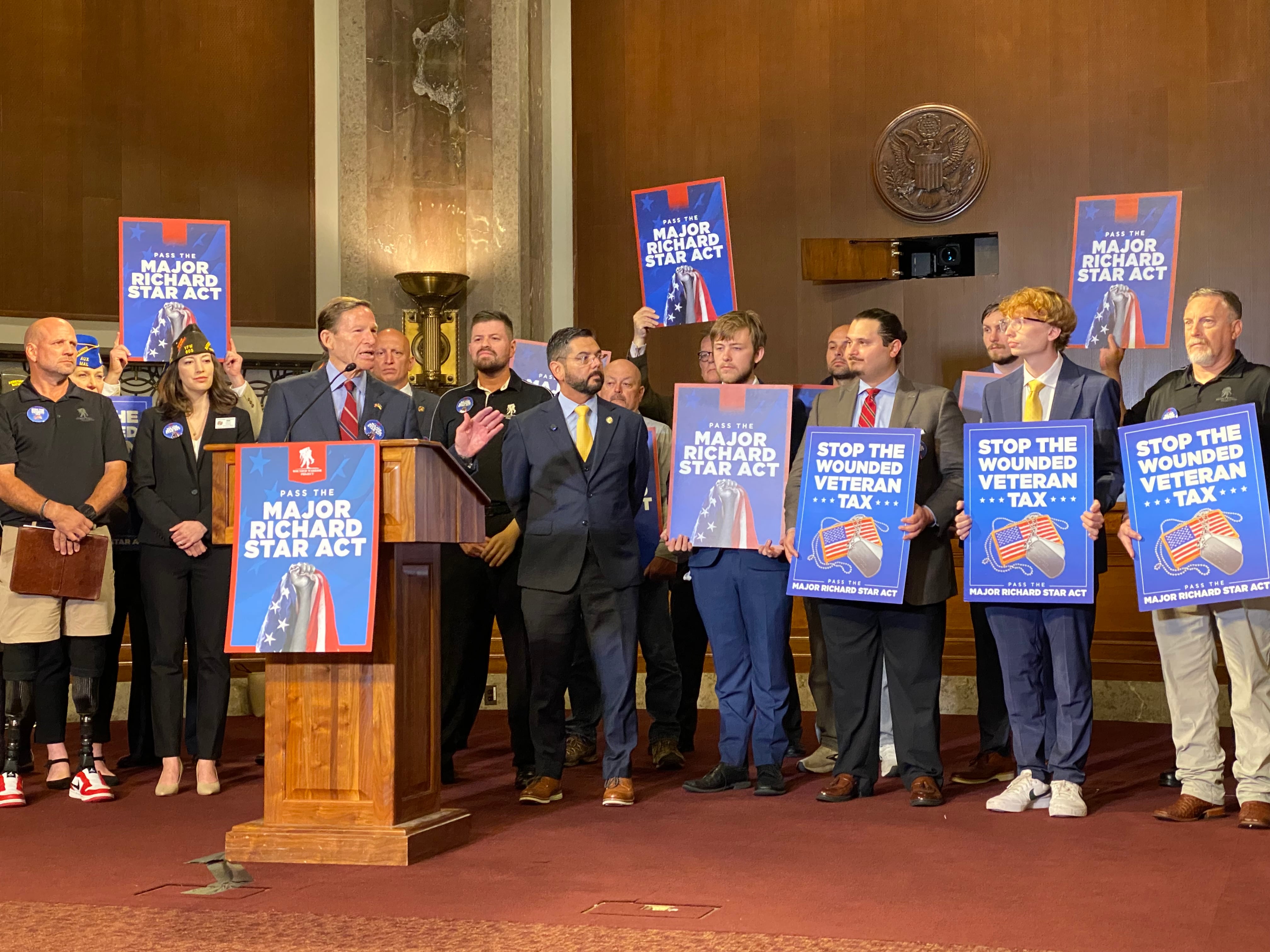Some veterans are losing out when they make a bid for a house because the seller — or the seller's real estate agent — doesn't want to deal with a VA loan.
Real estate markets in some areas have rebounded from the mortgage crisis of a few years ago to the point that houses are being snapped up quickly, with sellers receiving multiple offers. And because of some real or perceived problems with various aspects of VA loans, some sellers just don't want to be bothered with them.
Retired Army Brig. Gen. Robert Hipwell, a real estate broker and president of the Greater Sacramento Veterans Association of Real Estate Professionals chapter, said one veteran family finally had to move to another school district because they had such trouble getting sellers to accept their offer.
They wanted to stay in the same district where they were renting because of their four children. But "every time they put an offer on a house, the seller took another offer because of the VA loan," Hipwell said.
The reluctance to accept an offer involving a VA loan may relate to a perception in the lending and real estate industries that VA loans take longer to process, said Mike Frueh, director of VA's Loan Guaranty Service.
But the reality is that the lending market has shifted in such a way that many traditional loans require even more documentation. Meanwhile, VA has made changes to speed up its processes. The result: "We've heard that VA loans are closing faster than other loans," Frueh said.
No one can force a seller to accept an offer from a particular buyer. But veterans and their agents can act to improve their chances of having their offer accepted using a VA-backed loan.
For example, sellers often think that "100 percent financing" means the buyer has no money, said Karen Hall, principal broker for @Home Real Estate in Alexandria, Virginia. The lender can help with that, she said, by calling the seller's real estate agent and assuring him or her that the buyer's finances are rock solid.
Real estate and lending professionals also have some issues with VA appraisals, saying that they often take longer than those for conventional loans. "They have to be VA certified, so it's a smaller pool. And sellers are concerned that VA appraisers are more picky... that there will be repairs required. But it's hit or miss with all appraisals," Hall said, including those for conventional loans. If there are problems with appraisals, she said, the buyer's real estate agent can contact VA officials.
Air Force Tech. Sgt. Rhonda Stockstill said she and her husband, Lendle, had no problems with the VA loan process; their loan closed within 30 days. "The VA appraiser even did the appraisal on Christmas Day," she said. "No hiccups, no problems — and the house appraised for $30,000 more than we paid for it."
Lorraine Santirosa, a real estate agent with Keller Williams Realty SD Metro in San Diego, calls the seller's agent upfront to explain the offer and has them speak to the lender to ward off any concerns about the buyer's finances. She also gives them some background on her clients.
Hall asks her buyers to write a personal letter to the seller. She recalls two active-duty clients who wrote "a great letter" detailing how the wife was expecting their second child, and that this was the house they wanted the husband to come home to after he returned from his current deployment. "The sellers wanted to be a part of that," she said — and accepted the offer.
Chris Birk, director of VA loan education for Veterans United, has seen the effectiveness of this personal touch "time and again," even if the offer is the least competitive of the offers received, he said.
Some real estate agents urge clients to handwrite letters, describing their service, their hopes and dreams, and to include photos. "It's not about the money and the bottom line for every seller," Birk said.





